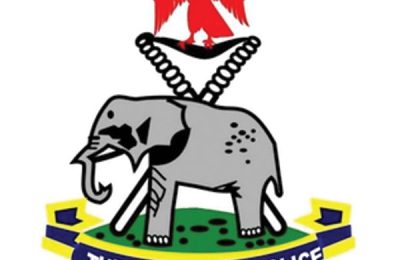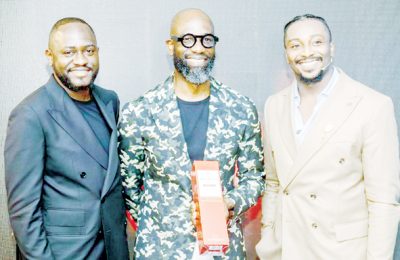

The much awaited Nigeria’s general election, where the persons that would be the country’s new President and members of the National Assembly was conducted on the 25th of February, 2023. The Independent National Electoral Commission (INEC) has also declared the results and given the victors certificates of return. But it seems a sudden quietness have enveloped the whole country. Is it a cautious calmness or one of general acceptance of the results? I cannot tell but what is official is that INEC is through with its assignment as it concerns the election of 25th of February, 2023. The losers have threatened to challenge the declared results in Court, and it is their right to do so. That is commendable. The legal fireworks may further enrich our electoral jurisprudence.
Now, let us get down to business. Nigeria and Nigerians cannot pretend that the 25th of February, 2023 election is our best election ever. What went wrong in making it the election to best the June 12, 1993 election? Why did the expected game changer, the Bimodal Voters Accreditation System (BIVAS) not work optimally? INEC promised to transmit the results from the polling units directly to the INEC server? What happened? Are Nigetains not entitled to hear from INEC why the BIVAS failed to transmit the polling units’ results directly to the INEC’s server? I think, we do, considering that Nigerian tax payers gave INEC more than N300 billion to conduct the election.
There were reported cases of violence and ballot box snatching, as is usual with our elections, sadly; and this was confirmed by the reports of both local and international observers. Whether, these negative incidents would be substantial and compelling enough for the Election Tribunal to invoke the provisions of the Electoral Act, 2022 and set aside the results, it is solely for the tribunal to determine. However, I do not think that it will be correct to state that the February 25th election is the worst election ever conducted in Nigeria. From the results so far declared there are some positives that we can take home. For the first time in our electoral history, we did not see the millions of votes that were hitherto coming from some States. This “miracle” was attributed to general voters’ turnout but I disagree. The numbers that came from the various States confirmed that past election results were likely inflated.

Also, the Peter Obi’s phenomenon changed everything and it will continue to shape how government treats the citizens. Some sitting Governors lost at the polls. Tinubu lost Lagos State. President Buhari lost Katsina State. Plateau State where the APC campaign Director General, Governor Lalong holds sway was APC’s heaviest lost. Some political parties lost their traditional grounds. With no structure, Labour clearly won Delta (base of Okowa, PDP’s Vice Presidential candidate)and Edo States. Many candidates on the platform of Labour Part that were hitherto unknown defeated established names. It was almost going to be like a cruise. And we say that the BIVAS did not work? It did in substantially reducing electoral fraud.
This election has also thrown up the issue of whether the Federal Capital Territory, Abuja has a special status; and whether the residents or indigenes of Abuja are more important than other Nigerians, resident in other States, in determining who should be elected our President. A combined reading of the provisions of sections 299 and 134 of the 1999 Constitution would not seem to say so. Decisions of the appellate courts are replete that the 1999 Constitution accords Abuja the status of a State but not a super-State or primus inter pares, where a Presidential candidate has to score at least 25 of the votes in the FCT after getting the required 25% votes in 25 States before he can be declared the winner of the presidential election.
It will be absurd to argue that a presidential candidate who, for example,won all the 36 States and had more than 25% of the votes cast in each of the 36 States cannot be declared the winner of the election because he failed to score 25% of the votes cast in the FCT? This interpretation will be absurd. If I am proven wrong, then the oil producing States in the Niger Delta and Lagos State that generates the highest VAT in Nigeria, and collectively whose resources sustain the country called Nigeria, should also begin to argue for special status, as is the case in the United States or better still, all Nigerians should register to vote in Abuja, since Abuja is now the deal breaker.


READ ALSO FROM NIGERIAN TRIBUNE








